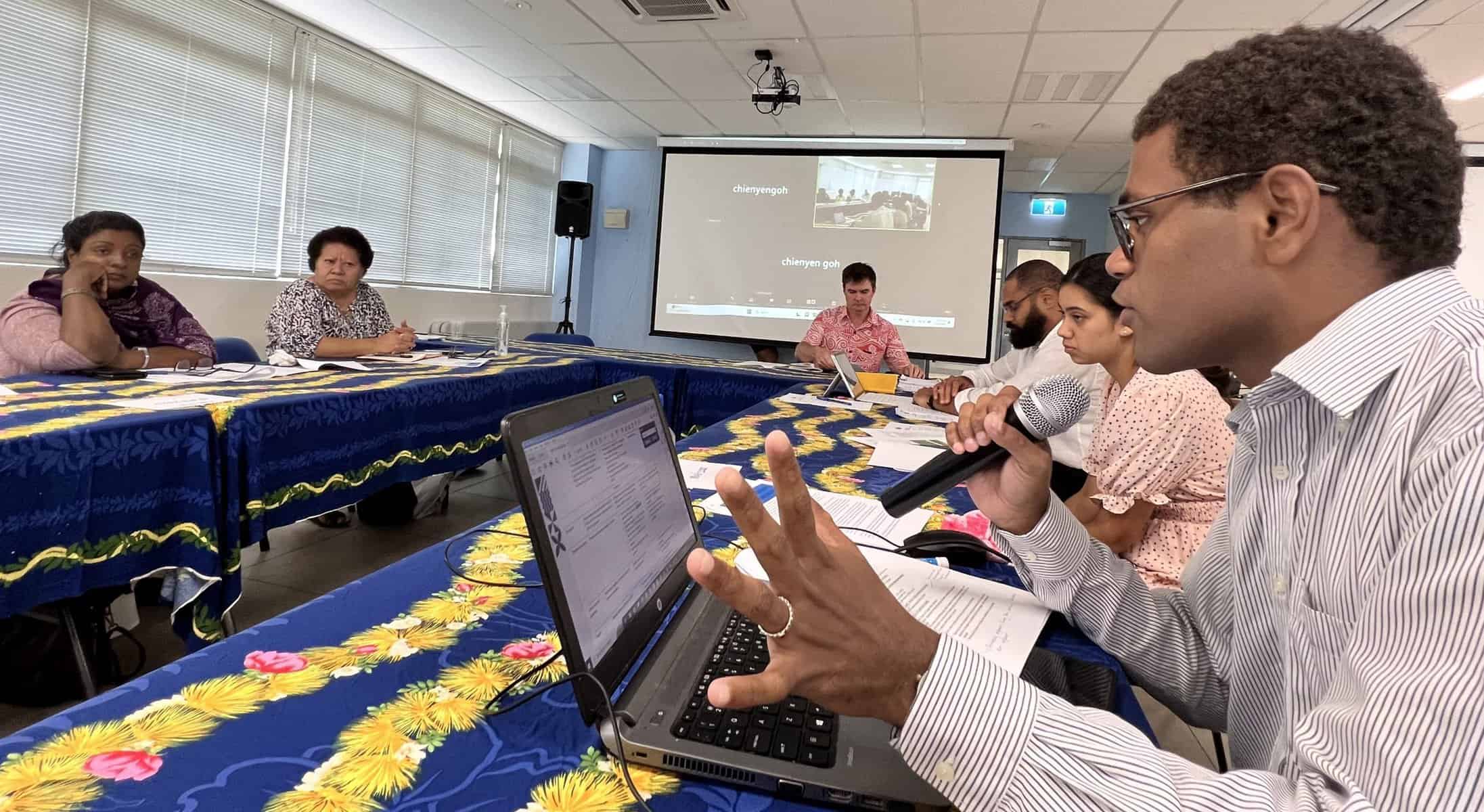On the eve of the first budget of Fiji’s coalition government, civil society organisations say they are disappointed with World Bank recommendations to phase out support for the sugar sector and increase taxation.
These concerns were raised at a Debt Convening Workshop co-hosted by PANG and Third World Network (TWN) which examined the World Bank’s Public Expenditure Review and the reports of the Fiji-government appointed Fiscal Review Committee.
Retired unionist, Kuini Lutua, said, “I’m disappointed with the recommendations that have been part of the reports, particularly in terms of VAT; we can’t dodge VAT, but I hope that things will get better and the reduction of the public wage bill.
“One of my concerns that has not been highlighted in the report is the loss of the labour force due to labour migration. We are training our people through scholarship and through parental investment in their children, and if they do not find any secured employment here, we are definitely going to lose them, and other countries will gain, and we will be the poorer,” she adds.
TWN adviser, Chienyen Goh, said there were many similarities between the World Bank and Fiscal Review Committee recommendations: “The similarities are on the taxation side but different on the expenditure side.”
Goh said, “As far as public debts in Fiji are concerned, roughly over 60% of them are essentially public domestic debt at about $6 billion; the bulk of them are held by the pension fund (FNPF) and the rest by the financial sector.”
Former city councillor, Priscilla Singh, raised concerns over the use of retirement funds.
“One thing that has always struck me is that governments and companies feel very easy and overly relaxed about just dipping into funds, which are really the workers’ funds, and the worrying thing really was for me to see the pension portion. I know for a fact that in the work we do, we come across a lot of concerns raised by the ageing populations who have joined the fund in the hope that their livelihoods would still be maintained in some way as they age.
“So for me, that’s a real warning, and I think that needs to be looked at closely, but that’s a huge concern for me because I think that in the attempt to try and bring our debt levels down, we really need to factor in the social impacts on the ground, how it has affected people, and what are their concerns,” she adds.
PANG’s Trade Justice Campaigner, Adam Wolfenden, agreed: “A lot of these reports are focusing on the numbers, which are obviously very important, but the other macroeconomic impacts and social impacts are not necessarily being part of that context as a holistic conversation.”
Goh added: “The World Bank report as well as the committee’s report on this are coming from the perspective of looking at the fiscal balance of the government, so it seems natural for them to see, how do we kind of get to a situation where there is a big deficit to lower it?
“And one of the overriding considerations behind that is the fact that the debt levels are very high, and there is no room or very little room to plug that deficit, and so for most government ways to clog that, to cut the gap, you basically raise taxes or cut back on your spending,” he adds.
While the government is working to look at ways to reduce the country’s debt, members of civil society hope there is consideration for the impact it has on the people.
Final year USP student, Manoa Rokotavaga, said: “I’m trying to remain optimistic, given the current reports from the media that the fiscal committee recommended a unified VAT rate no less than 15%, and you’re also looking at the reformation of the tax system.
The members of the CSO have collaborated to create a ‘Fiji CSO Statement on Government Borrowing and Public Debt’ to help contribute ideas to reduce the country’s debt.
